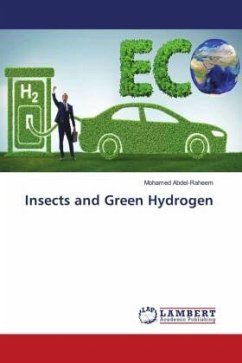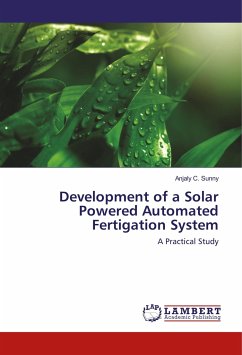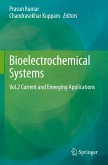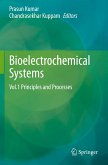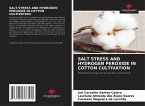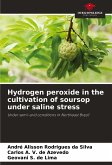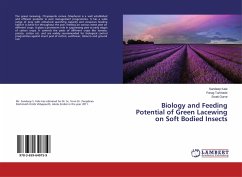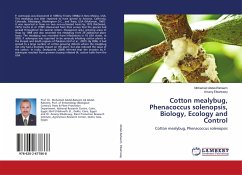Oleaginous insects can degrade various organic wastes to accumulate fat-based biomass, thus serving as a potential feedstock for biodiesel production. Therefore, the use of insects fed on organic waste for biodiesel production has increasingly attracted considerable investigations. In recent years, different insect species have been studied for their efficiency in converting various organic wastes and for producing biodiesel from their fat. Several methods have been developed for biodiesel production from insects to improve yields and reduce production costs and environmental impacts. This review summarizes the latest findings of the use of insects for converting organic wastes into biodiesel. The production processes and fuel properties of biodiesel produced from insects.
Bitte wählen Sie Ihr Anliegen aus.
Rechnungen
Retourenschein anfordern
Bestellstatus
Storno

